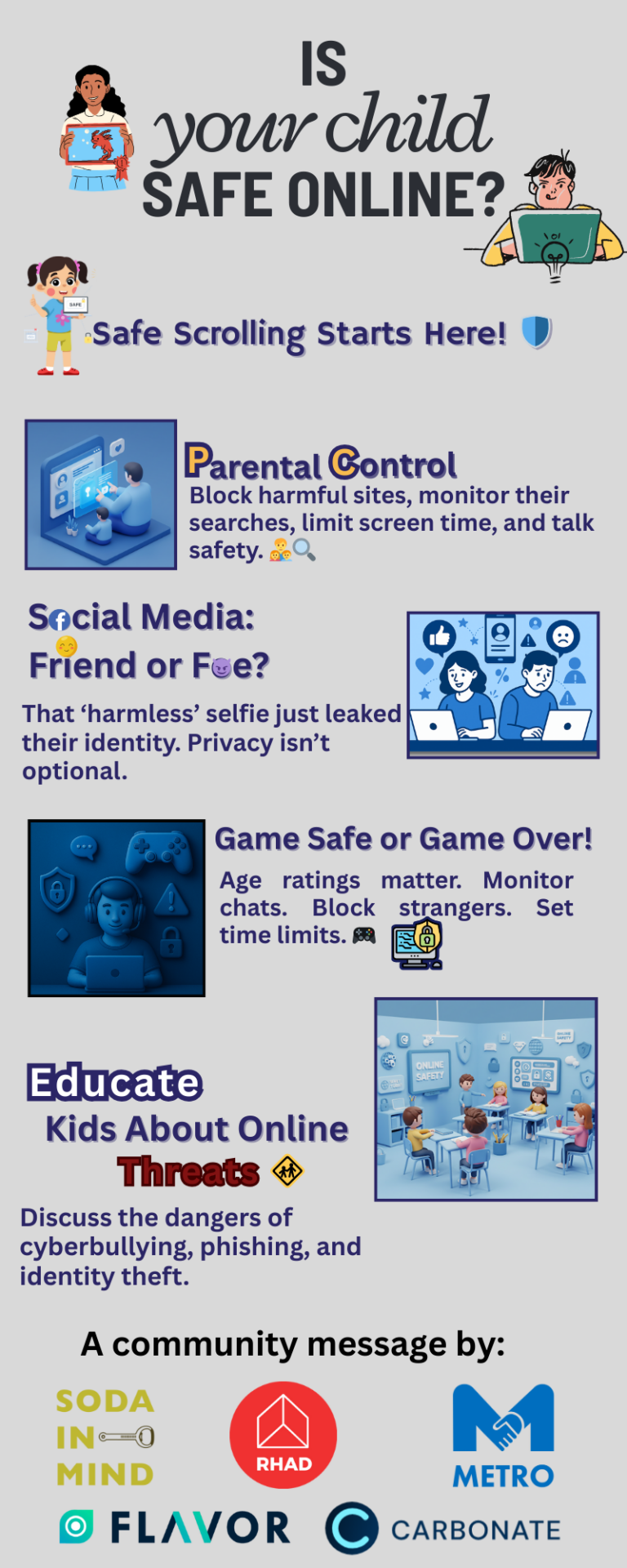Great digital products and the startups that build them have a somewhat mythical background, their storied founders’ lives shrouded in mystery, with origin tales worthy of their own superhero franchise. These are the modern day substitutes to legendary heroes like Robin Hood and Hercules, monuments of our age, with their own epic battles and struggles etched on film, transfixing audiences across the globe.
The science behind what makes great digital products work encompasses user experience, branding, that ‘wow’ factor and can be just as strange and varied as these colorful characters. Somewhere between fantasy and reality, the paths are many and do intertwine. Tread lightly, however, as their golden path is littered with the bones of many who have tried to follow and failed.
In an effort to distill some of the richness and variety of events that preempted many of the digital products that you know, love and use today, here’s a look at just how some of these household names and familiar brands/products came to be.
Airbnb
As one of the biggest successes in the sharing economy, the Airbnb that so many consumers have fallen in love with was not always what it is today. Airbnb, so popular today that it has become a verb (as in “let’s Airbnb a place”) actually went through quite a few things to get to this point. An assistant managing editor at Fortune, Leigh Gallagher, wrote a book called “The Airbnb Story: How Three Ordinary Guys Disrupted an Industry, Made Billions … and Created Plenty of Controversy,” which takes readers inside the rise of Airbnb, exploring the challenges they faced and how Airbnb got so many consumers since its launch.
In 2013, Airbnb was thinking about how they could make their platform more unique. The company’s global head of community, Douglas Atkin, had some questions about the existence, role, and purpose of Airbnb. Atkin and his team started interviewing guests, hosts, and employees around the world. They realized that their customers wanted to engage with culture and people.
In 2014, Airbnb repositioned itself around the concept of “belonging.” Their new mission statement was: to make people everywhere feel like they could “belong anywhere”. They rebranded and made adjustments and redesigned the logo, mobile app, and website.
Not many people took the rebranding very well, though, seemingly associating the “belong anywhere” concept with hippies, associating the new logo with genitalia and more. Maybe a more adequate title of a book on Airbnb should be “From genitalia to mass success”.
Lisk
At the age of 14, Max Kordek, Co-Founder, and President of Lisk.io was immersed in the startup scene and involved in the cryptocurrency and blockchain industry. For the uninitiated, blockchain technology lets cryptocurrency users conduct transactions without an authority or centralized bank.
While Kordek saw that blockchain can be applied to a wide range of uses (even gaming), not many developers adopted blockchain technology outside of cryptocurrency. So, with Kordek’s passion and with the help of Co-Founder Olver Beddows, they worked to create Lisk, a blockchain application framework which makes blockchains more accessible. For funding, he obtained 14,000 Bitcoins by harnessing his community’s shared enthusiasm. An example of decentralization walking the talk. Now, how’s that for a tight fit?
Right off the bat, Instagram shot up the app charts and won the hearts of over 100,000 users in only a week. While there are a lot of people saying that Instagram’s success is given to luck, the two founders of Instagram, Kevin Systrom and Mike Krieger, base Instagram’s success on how there was a lot of careful thought put into every decision they made and how they strode forth by keeping an eye on feedback from their users.
Mike is an experienced engineer and Kevins has a way of accentuating the beauty in photographs. Together they made a new, slick app that users just couldn’t seem to help but fall in love with. With nifty sharing capabilities and the filters (oh the filters), it’s no wonder that two years down the line from the launch of Instagram, Facebook bought it over for a billion dollars. Just goes to show that tinkering with pretty pictures doesn’t necessarily mean that you have to be a starving artist.
*We are a UX-focused team of developers and designers. Our goal is making our products understandable at any level. The result is web and mobile applications that take minutes to learn and are easy to implement in any company, big or small. Find out more about Soda In Mind here















